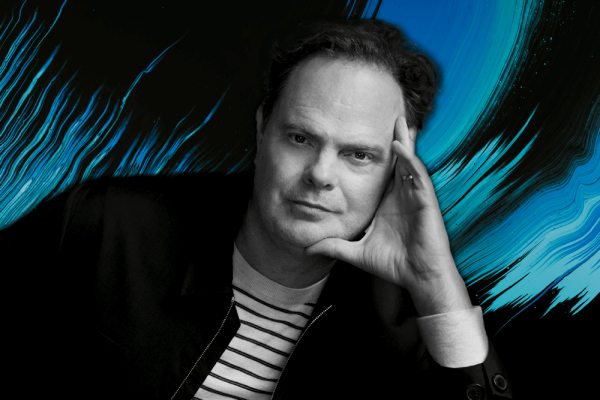I don’t know what shocked me more: The fact that actor Rainn Wilson — best known for his role as Dwight Schrute on the hit TV show The Office — had written a book about religion and spirituality or that I was able to interview him.
I am a millennial and for many of us, “spirituality” means being “spiritual but not religious.” I’ve heard my peers say things like, “I’m looking for spiritual healing,” or “I’m trying to find God for myself,” or “I’m wanting to get in touch with my own divinity,” or “I contain multitudes.” Perhaps there’s a kernel of truth in some of those statements but the thing that stands out to me is this: It kinda just comes off as individualism baptized in “holy” hyperbole.
What I appreciated about Wilson’s Soul Boom: Why We Need a Spiritual Revolution (out April 25) is that it offered a gentle critique of this version of individualized spirituality. For Wilson, who is a member of the Baha’i faith, spirituality has a larger purpose beyond the self. Spirituality gives us eyes to imagine a society based on “justice, equity, love, and a reduction in unnecessary pain for the inhabitants of our beautiful planet. To build the kingdom of God on Earth,” as he writes in the book. So, from this perspective, seeking inner peace should not only lead to spiritual tranquility but also public tranquility. If this is what pure and undefiled spirituality might look like, then color me intrigued.
Wilson and I talked about topics ranging from cultural appropriation and Christian representation in the media, to communism and how religion is portrayed in The Office. Considering all the topics touched on in Soul Boom, it only seemed right to cast a wide net during our conversation.
Read the Full Article

